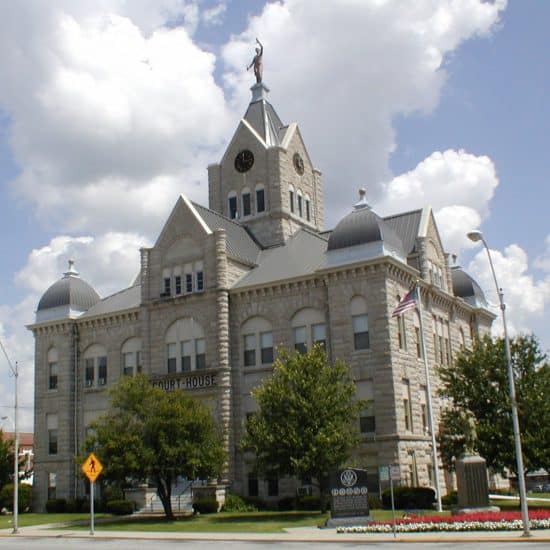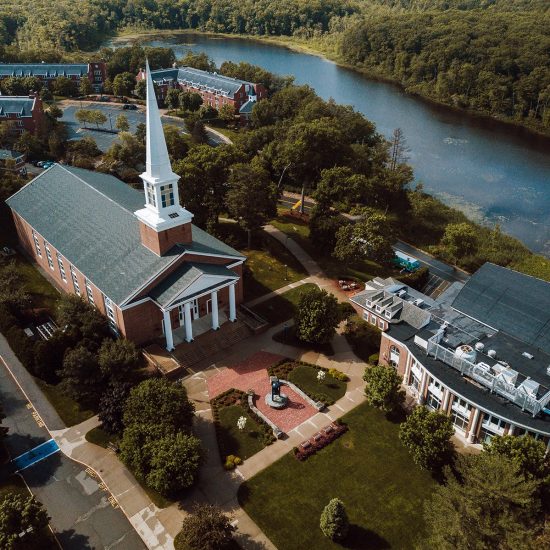The Missouri Baptist Convention’s Agency Restoration Group (originally the legal task force) gave its annual report to MBC messengers last week. As leader of one of the five entities being sued by the convention, I annually find myself frustrated by some of the things that are said from the platform and from the floor.
Naturally, the report to the convention includes one side’s point of view, but the report time has enabled ARG spokesmen and attorneys to share facts too selectively and — sometimes — to express them inaccurately.
Messengers were told once more that convention leaders had repeatedly reached out to the five — Word&Way, Windermere Baptist Conference Center, Missouri Baptist University, the Missouri Baptist Foundation and The Baptist Home — in an effort to settle differences short of the litigation that has dominated convention life for more than seven years.
Messengers were told that the legal task force offered binding Christian arbitration in order to bring an end to the impasse. Actually, the task force demanded that the entity trustee boards rescind their actions to self-elect trustees or else. “Or else” was the perceived threat of litigation. Binding legal arbitration was not “offered.” The task force repeated its demand that the entities rescind their actions or that they “submit” to binding Christian arbitration, with the understanding that the convention had already unilaterally selected an arbiter, who had agreed to take the job.
On May 28, 2002, MBC president Bob Curtis and legal task force chair Gary Taylor sat down face-to-face with entity heads Alton Lacey, MBU; Jim Smith, the Foundation; Frank Shock, Windermere; Larry Johnson, The Baptist Home; and me at Missouri Baptist Hospital in St. Louis, a central meeting place.
All seven of us shared personal testimonies, prayed together and discussed possibilities, including binding Christian arbitration. I believe everyone around the table felt our discussion was both frank and congenial. Near the end of our gathering, one entity leader raised the possibility of trying to work out our differences through mediation, whereby a professional would try to help all sides reach an amicable solution. I felt Drs. Curtis and Taylor listened and that they would convey this suggestion to the rest of the task force.
The entity leaders — and I believe the convention representatives — agreed the initial meeting bore promise and suggested a follow-up. It was helpful to talk face-to-face instead of through microphones, news stories and other less personal media.
But there was no second discussion meeting.
On Aug. 13, 2002, convention attorneys filed legal documents naming the five entities as defendants in Cole County Circuit Court.
Four years into the case — in 2006 — it was university attorneys who requested the court order a process of mediation between Missouri Baptist University leaders and trustees and representatives of the convention. Judge Thomas Brown agreed and filed the order. A mediator was secured and the outcome of those attempts was a recommendation both sides were to take back to their respective boards. University leaders say that was the last they heard from convention representatives, and the process died.
For convention leaders to suggest they alone made efforts to resolve issues with the entities short of litigation and exhausted all options before going to court is simply not telling the whole story.





